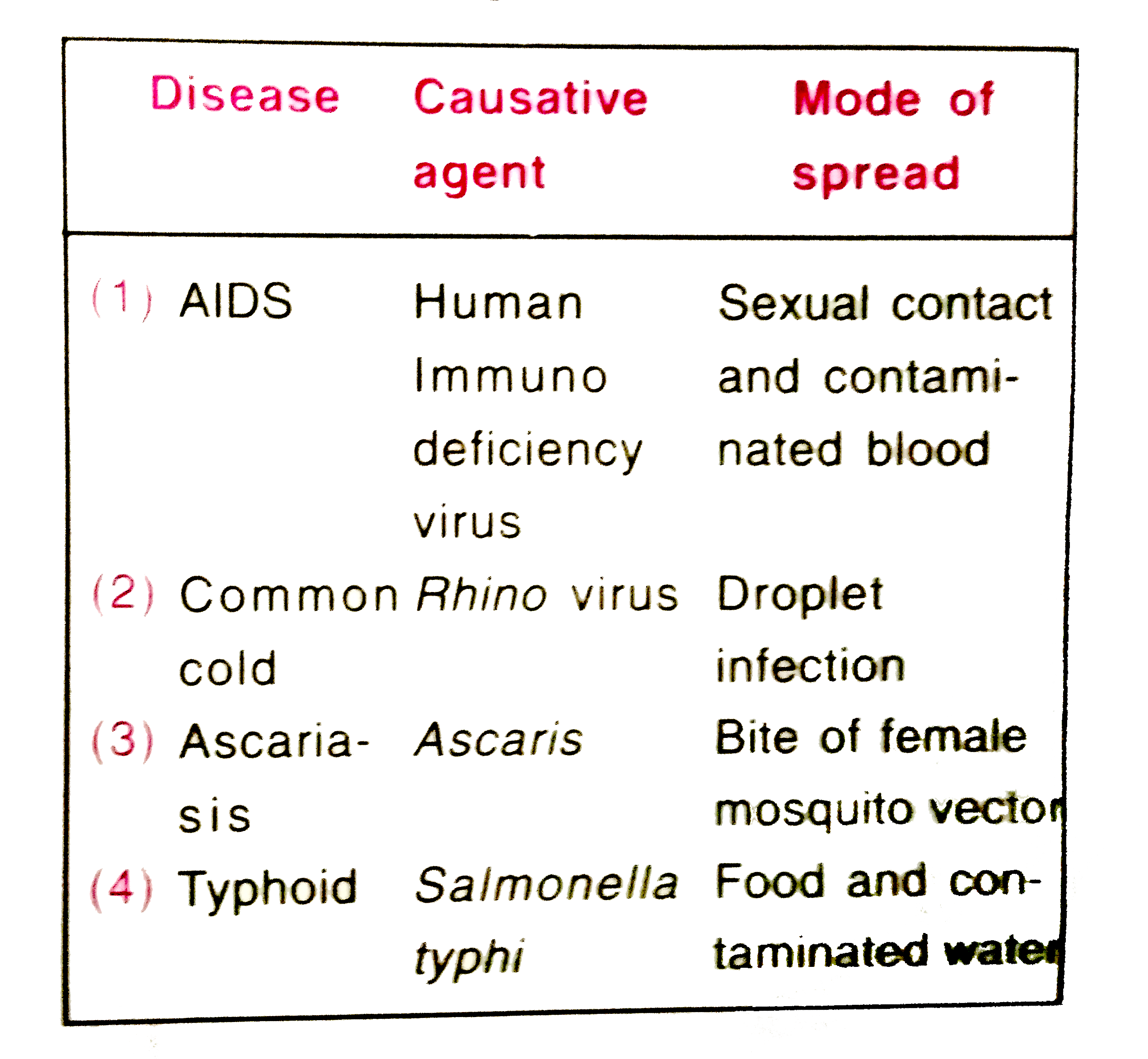Find the wrong match.
Endotherm - Warm blooded or homeotherms
Ectotherm - Cold blooded or Poikilotherms
Stenohaline - Tolerates wide range of salinites
Euryhaline - Tolerates wide range of salinites
The correct Answer is:C
To solve the question of finding the wrong match among the given options, we will analyze each term and its definition, along with examples, step by step.
Step 1: Understand the term "Endotherm"
- Definition: Endotherms are organisms that can maintain a constant body temperature regardless of the environment. They are often referred to as warm-blooded or homeotherms.
- Examples: Birds and mammals (e.g., humans, cats, dogs).
- Conclusion: This match is correct.
Hint: Remember that endotherms maintain their body temperature internally.
Step 2: Understand the term "Ectotherm"
- Definition: Ectotherms are organisms that cannot regulate their body temperature internally and their body temperature varies with the environment. They are often referred to as cold-blooded or poikilotherms.
- Examples: Amphibians (e.g., frogs), reptiles (e.g., lizards), and fish.
- Conclusion: This match is also correct.
Hint: Ectotherms rely on external sources to regulate their body temperature.
Step 3: Understand the term "Stenohaline"
- Definition: Stenohaline organisms are those that can only tolerate a narrow range of salinity (salt concentration) in their environment.
- Examples: Goldfish.
- Conclusion: The statement that stenohaline organisms can tolerate a wide range of salinity is incorrect. This match is wrong.
Hint: Stenohaline = narrow salinity tolerance.
Step 4: Understand the term "Euryhaline"
- Definition: Euryhaline organisms can tolerate a wide range of salinity levels.
- Examples: Lamprey, sea urchin.
- Conclusion: This match is correct.
Hint: Euryhaline = wide salinity tolerance.
Final Conclusion
After analyzing all the terms and their definitions, we find that the only wrong match is the one associated with "stenohaline," which is incorrectly described as being able to tolerate a wide range of salinity.
Answer
The wrong match is Stenohaline - able to tolerate wide range of salinity.
- Definition: Endotherms are organisms that can maintain a constant body temperature regardless of the environment. They are often referred to as warm-blooded or homeotherms.
- Examples: Birds and mammals (e.g., humans, cats, dogs).
- Conclusion: This match is correct.
- Definition: Ectotherms are organisms that cannot regulate their body temperature internally and their body temperature varies with the environment. They are often referred to as cold-blooded or poikilotherms.
- Examples: Amphibians (e.g., frogs), reptiles (e.g., lizards), and fish.
- Conclusion: This match is also correct.
- Definition: Stenohaline organisms are those that can only tolerate a narrow range of salinity (salt concentration) in their environment.
- Examples: Goldfish.
- Conclusion: The statement that stenohaline organisms can tolerate a wide range of salinity is incorrect. This match is wrong.
- Definition: Euryhaline organisms can tolerate a wide range of salinity levels.
- Examples: Lamprey, sea urchin.
- Conclusion: This match is correct.
After analyzing all the terms and their definitions, we find that the only wrong match is the one associated with "stenohaline," which is incorrectly described as being able to tolerate a wide range of salinity.
The wrong match is Stenohaline - able to tolerate wide range of salinity.
Similar Questions
Find the wrongly matched pair
View SolutionFind the erongly matched pair
View SolutionFind out the wrong match

View SolutionFind out the wrong match
View SolutionFind out the wrong matching
View SolutionFind out the wrong match
View SolutionFind out the wrong match
View SolutionWhich of the following is the wrong match between the plant and its character for adaptation of cross pollination
View SolutionIdentify the wrong match
View SolutionChoose the wrong match.
View Solution
